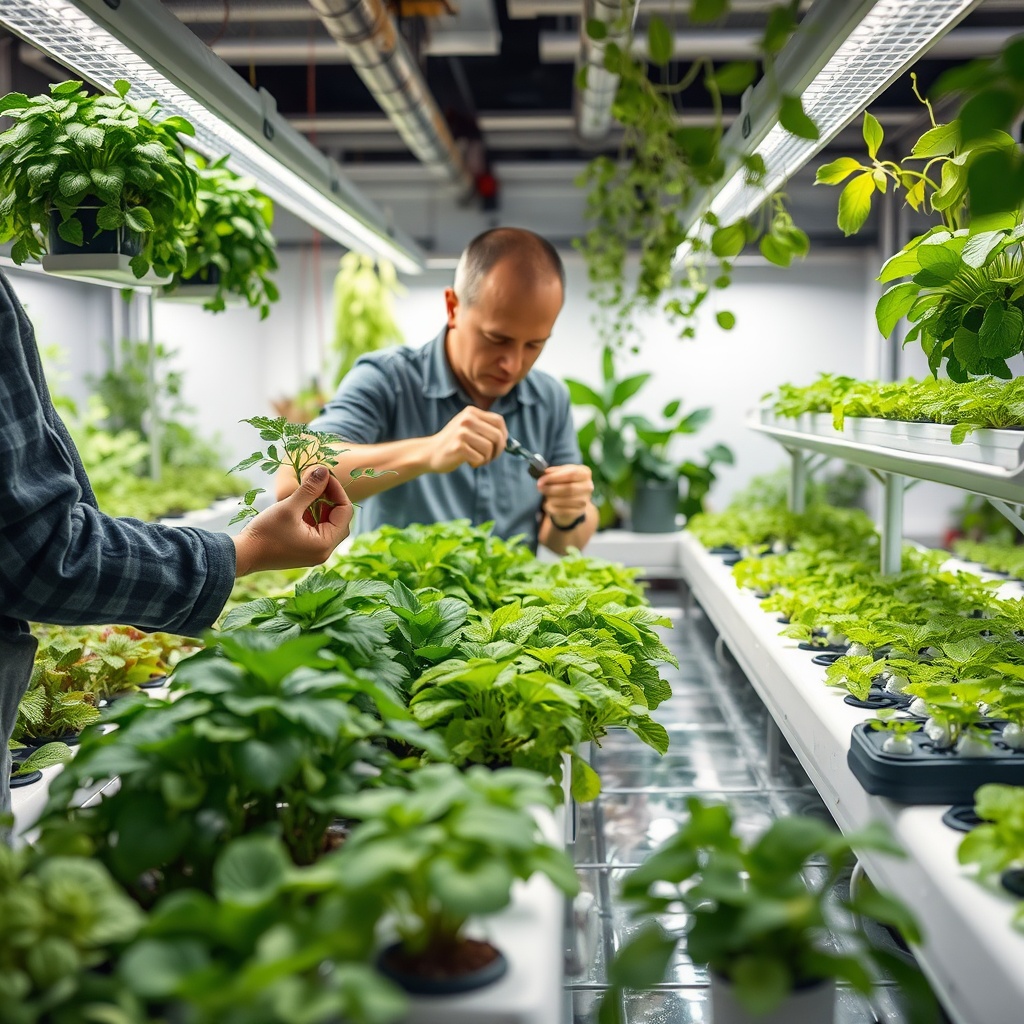As hydroponic gardening gains popularity among enthusiasts and commercial growers alike, the importance of maintaining a clean and healthy environment cannot be overstated. One of the most pressing issues in hydroponic systems is the risk of mosquito breeding. These pests not only pose a nuisance but can also transmit various diseases that jeopardize plant health and human safety.
Understanding the factors that contribute to mosquito reproduction in hydroponic reservoirs is vital for anyone involved in this form of agriculture. By addressing these factors proactively, growers can protect their crops and maintain a harmonious growing environment.
To combat mosquito breeding in hydroponic reservoirs, growers must implement a series of effective strategies. These strategies not only prevent larvae from developing but also create an inhospitable environment for adult mosquitoes. Below are some essential tactics:
- Regular Cleaning: Ensure that reservoirs are cleaned frequently to eliminate any organic matter that can attract mosquitoes.
- Water Management: Keep water levels consistent and avoid stagnation. Use aeration techniques to promote circulation.
- Covering Reservoirs: Use covers or nets to shield reservoirs from direct exposure to mosquitoes.
- Biological Controls: Introduce natural predators, such as fish or certain insects, that feed on mosquito larvae.
- Insect Growth Regulators: Consider using safe chemical treatments designed to disrupt the mosquito lifecycle without harming plants.
Continuous monitoring and maintenance are paramount to achieving long-term success in hydroponic gardening. Regular inspections can help identify breeding hotspots and allow for timely interventions. Invest in tools that can help you keep track of water quality, temperature, and other factors that contribute to a thriving mosquito habitat.
Incorporating a routine maintenance schedule not only enhances the health of your hydroponic system but also minimizes the likelihood of mosquito infestations. A proactive approach ensures that both growers and their plants can flourish without the threat of these unwanted pests.




